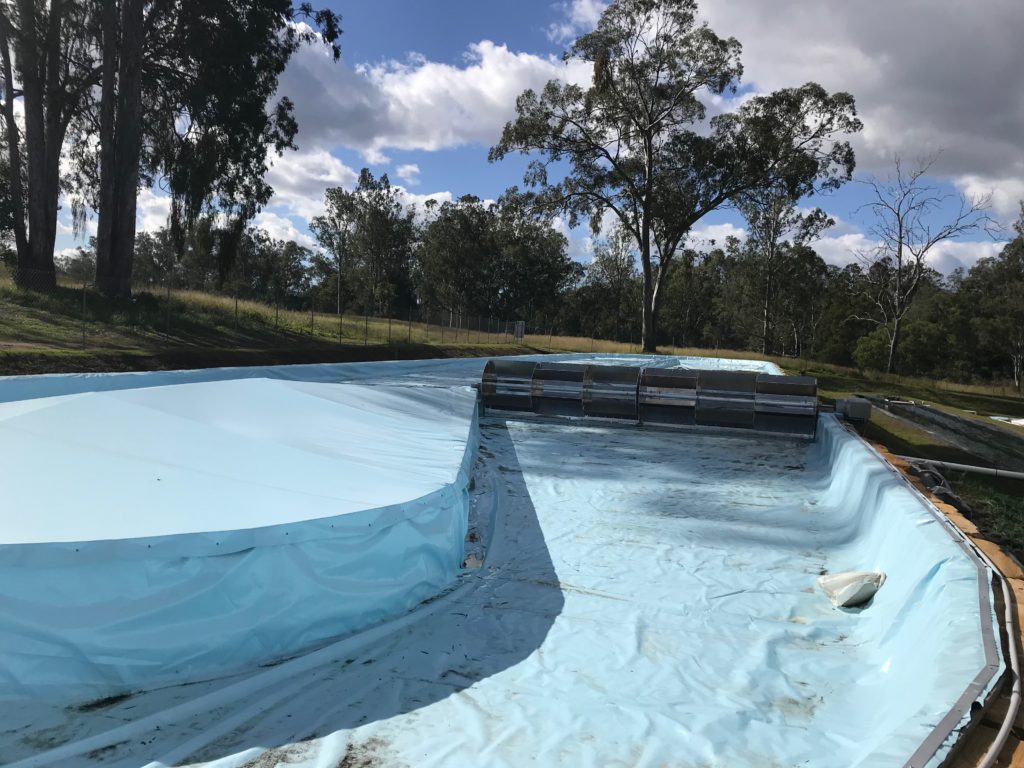Enquire Now
Fill out the form below and we will get back to you as soon as we can.

The United Nations predicts that by 2050 the world’s population will reach 9.8 billion, consuming 50% more protein than today. Australia is a major agricultural producer and exporter from a mix of irrigation and dry-land farming. However, as in most food exporting countries, climate change is predicted to cause decreased rainfall, exacerbating existing challenges to freshwater availability and protein production from livestock and crops.
Cultivating marine microalgae at scale for the exclusive production of protein-rich food ingredients in Australia is economically challenging due to the cost of production. The solution is to apply the principle of co-production, where a species of microalgae is cultivated to extract a high-value product to ensure farm profitability, together with the low-value high-protein co-product suitable as a food ingredient.
Qponics’ automated, modular and scalable algae farming process developed by the Company in partnership with scientists at the University of Queensland with the assistance of a $1 million Cooperative Research Centres Project (CRC-P) grant, allows for co-production of high-value EPA omega-3 oil, to ensure farm profitability, and low-value high-protein algal biomass as a by-product, from the marine microalgae, Nannochloropsis oceanica.
Plant-based alternatives to animal protein is one of the fastest growing segments of the food market, evidenced by the rapid increase in production of alternative protein products such as “meatless meat”, “fishless fish” and “chicken-free chicken” that use soybean or chickpea as sources of protein. While increasing availability of plant-based meat alternatives may provide some respite for demand for livestock sourced protein, it increases demand for protein sourced from terrestrial crops, both of which are resources limited by supply of freshwater.
Unless significant changes in farming practices occur, the combination of population growth, insufficient arable and grazing land, increasing demand for plant-based protein and climate change will inevitably lead to an uncontrollable global protein deficiency before 2050.
Cultivating marine microalgae is the most efficient and sustainable means of closing the looming global protein gap through a new form of agriculture unaffected by drought conditions. Marine microalgae grow 10-times faster than terrestrial plants and do not require freshwater for cultivation. Annual production of Qponics’ by-product after extracting EPA oil is estimated to be up to 23 tonnes of protein per hectare per year, in contrast to conventional terrestrial crops with protein yields of up to 2 tonnes per hectare per year, while requiring approximately 75% of total global freshwater.
Qponics’ marine microalgae agricultural business will be resistant to drought and ideally placed to become a significant producer of algal protein in Australia over the next decade, on the central eastern coast where there are thousands of hectares of agricultural land on the banks of tidal rivers ideal for the purpose.
Image below:
The new 65m x 12m production pond after installing the paddlewheel.

Fill out the form below and we will get back to you as soon as we can.